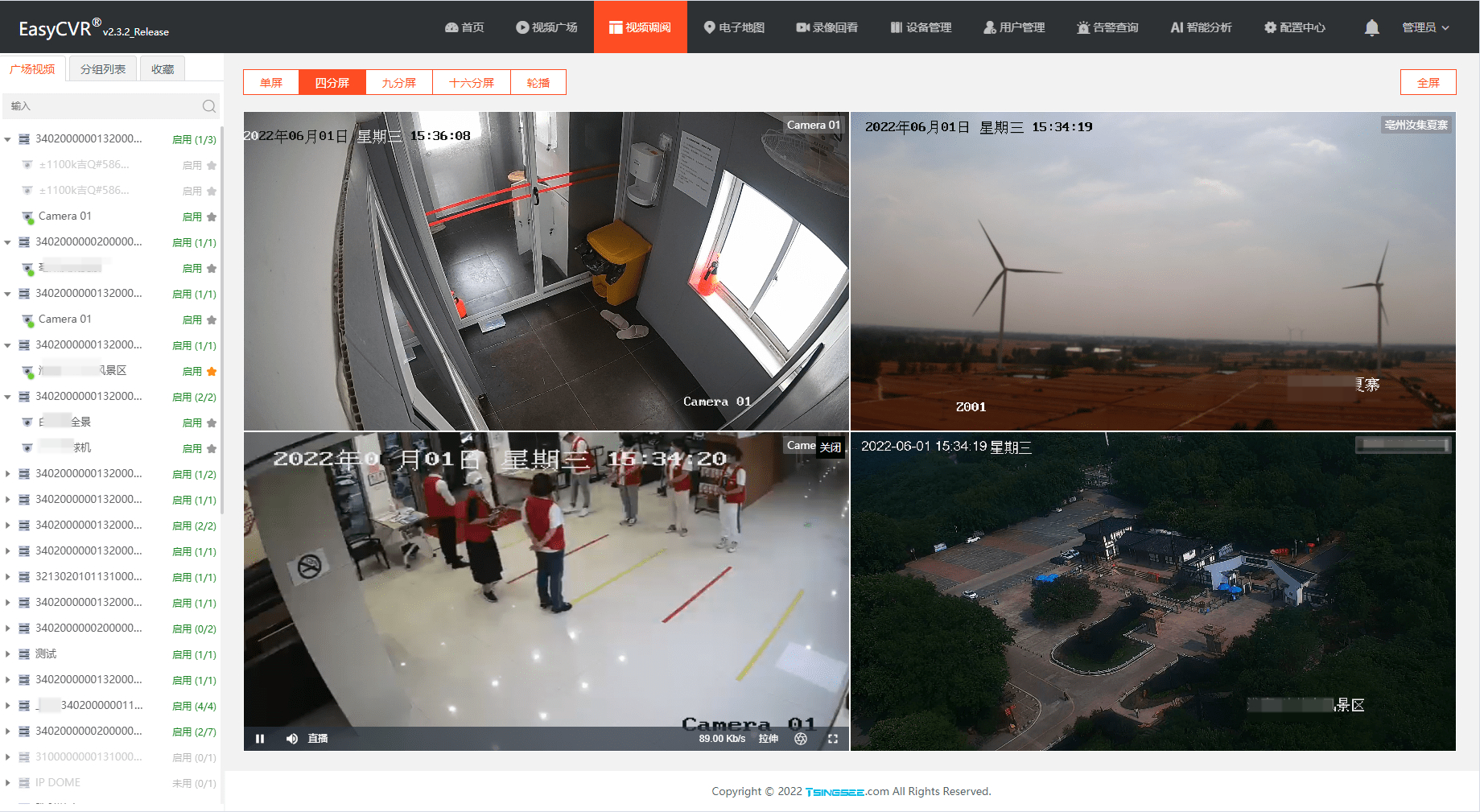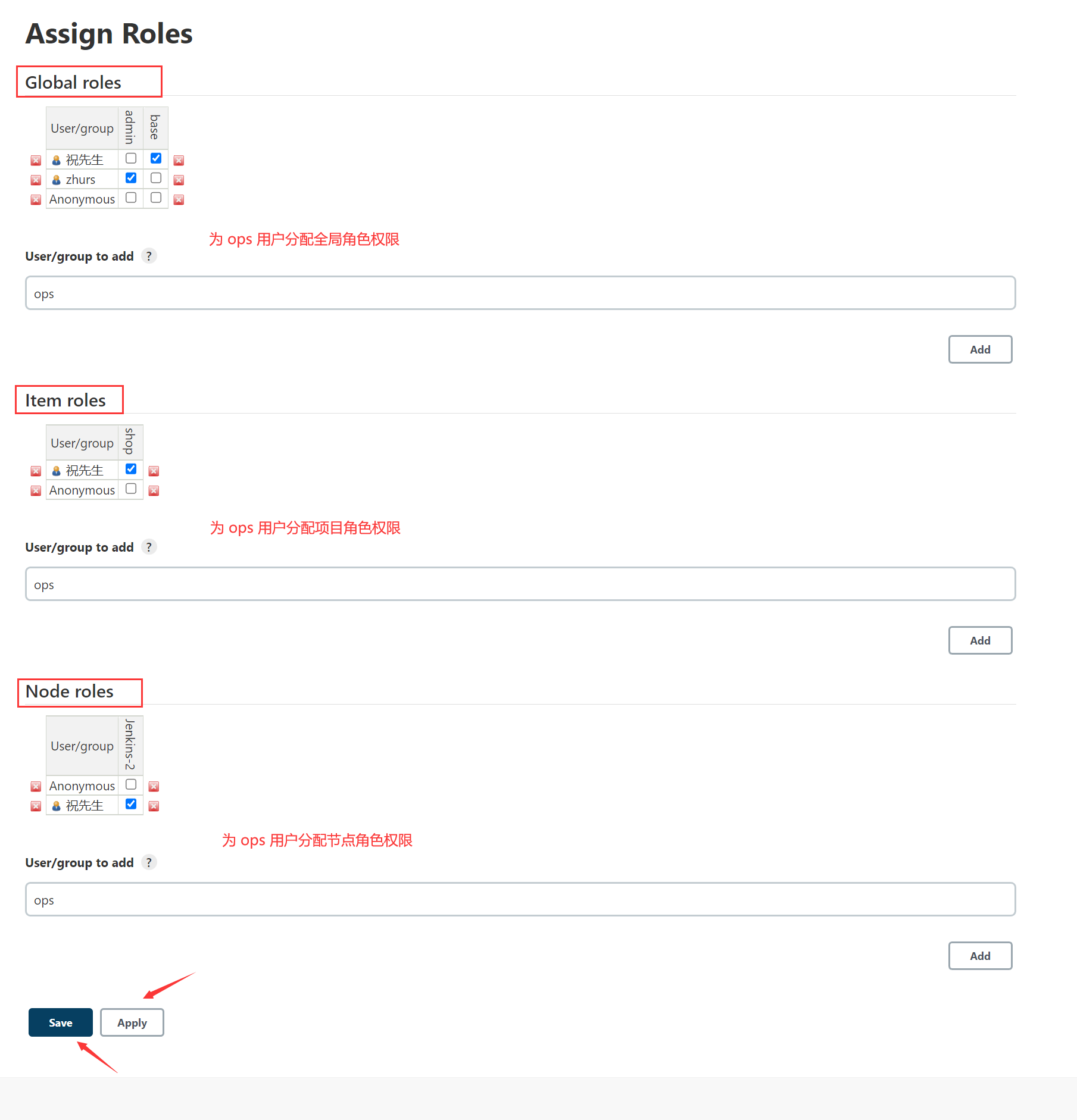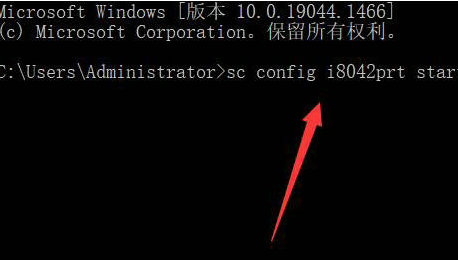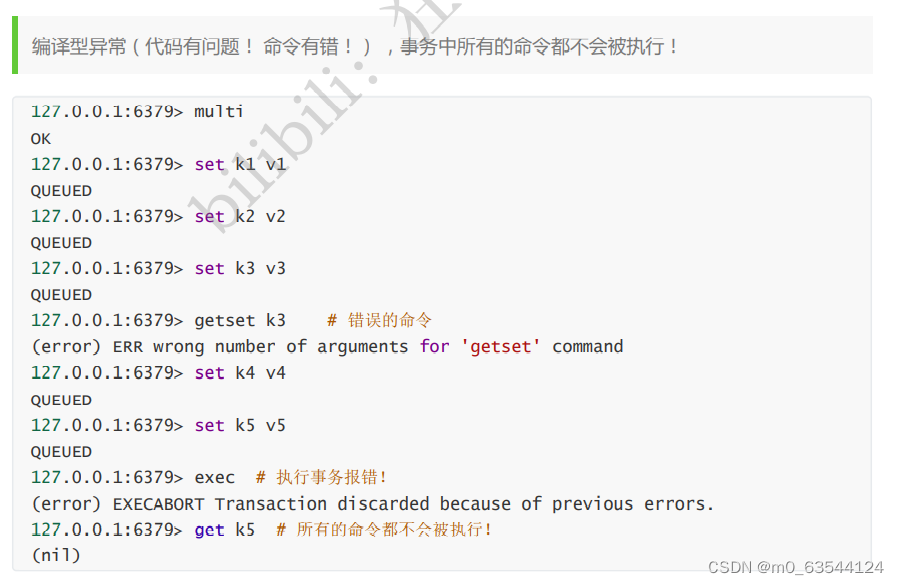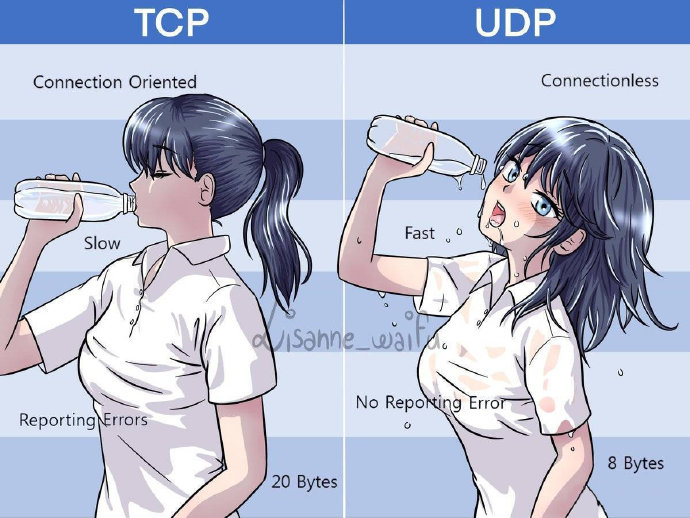Start date :22.07.05
operating system :Ubuntu20.0.4
Link:Lab file system
Lab Lock
Write it at the front
This section does not cover implementation details , You can read at ease
bigfile It mainly adopts the two-level linked list
symlink Need to be clear iput(),open(),create(),unlink() and namei() How functions interact , How do they make inode stay cache Release stored .
Step on the pit
- symlinktest Use in Storage path name It's a failure
The author first adopted symlink Storage path name ( Character pointer ), But in the test executionif(write(fd1, buf, sizeof(buf)) != 4)after , The path name will be lost directly , Can't quote , Result in failure . The specific reasons have not been analyzed . iputiputThe role of theip->refMinus one , Ifip->ref == 1Just take it from cache Release fromfs.cNotes
do symlinktest front , Be sure to read throughfs.cLarge comments ( Around the105 line)- writebig: panic freeing free block
If it's done symlinktest, In execution usertests Before , You have to do it once bigfile.
Failure to do so will result in an error , because wirtebif To write and MAXFILE A file of the same size , And only execution bigfile Then we have the revised MAXFILE make clean
If you find that you can't pass the test anyway , I think the idea is also right , It may be that there are problems left in the previous version and you can trymake clean
Reference material
Experimental content
Warning : This section covers implementation details
bigfile
The experimental requirements : Realize the secondary mapping of disks , Change the disk space from 268 blocks Expand to 65803 blocks, About the original 256 times
Realize the idea : The original 12 Direct mapping +1 The first level indirect mapping is changed to 11 Direct mapping +1 First level indirect mapping + A secondary mapping
Specifically, the linked list can be linked one more layer , Change the parameters again , You'd better understand the original version completely before writing bmap() function .
Note that before entering the secondary mapping , Remember to lose one NINDIRECT, Ensure that there are not many intermediate address numbers obtained 1.
access code
The first is to modify some definitions
/* fs.h */
#define NDIRECT 11
#define NINDIRECT (BSIZE / sizeof(uint))
#define MAXFILE (NDIRECT + NINDIRECT + (NINDIRECT*NINDIRECT))
/* file.h */
// in-memory copy of an inode
struct inode {
...
uint addrs[NDIRECT + 2]; // 11 direct blocks, 1 singly indirect block and 1 double indirect block
};
And then there's the implementation
static uint
bmap(struct inode *ip, uint bn)
{
uint addr, *a;
struct buf *bp;
// 11 direct block[0 ~ 10] => [0 ~ 10]
if(bn < NDIRECT){
// Load direct block, allocating if necessary.
if((addr = ip->addrs[bn]) == 0)
ip->addrs[bn] = addr = balloc(ip->dev);
return addr;
}
bn -= NDIRECT;
// NDIRECT == 11
// 1 singly direct block[11] => [0 ~ 255]
if(bn < NINDIRECT){
// Load indirect block, allocating if necessary.
if((addr = ip->addrs[NDIRECT]) == 0)
ip->addrs[NDIRECT] = addr = balloc(ip->dev);
bp = bread(ip->dev, addr);
a = (uint*)bp->data;
if((addr = a[bn]) == 0){
a[bn] = addr = balloc(ip->dev);
log_write(bp);
}
brelse(bp);
return addr;
}
// go to double direct block[12]
bn -= NINDIRECT;
// 1 double direct block[12] => 256 * [0 ~ 255]
if(bn < NINDIRECT * NINDIRECT){
int mid_addr_num = bn / NINDIRECT; // get mid_addr_num and c-style: divide(/) to down
bn = bn % NINDIRECT; // get real bn
// Load indirect block, allocating if necessary.
if((addr = ip->addrs[NDIRECT + 1]) == 0)
ip->addrs[NDIRECT + 1] = addr = balloc(ip->dev);
// get the addr of mid_addr_num
bp = bread(ip->dev, addr);
a = (uint*)bp->data;
if((addr = a[mid_addr_num]) == 0){
a[mid_addr_num] = addr = balloc(ip->dev);
log_write(bp);
}
brelse(bp);
// get the addr of real bn
bp = bread(ip->dev, addr);
a = (uint*)bp->data;
if((addr = a[bn]) == 0){
a[bn] = addr = balloc(ip->dev);
log_write(bp);
}
brelse(bp);
return addr;
}
panic("bmap: out of range");
}
// Truncate inode (discard contents).
// Caller must hold ip->lock.
void
itrunc(struct inode *ip)
{
int i, j, k;
struct buf *bp;
uint *a, *botton_a;
// 11 direct block[0 ~ 10] => [0 ~ 10]
for(i = 0; i < NDIRECT; i++){
if(ip->addrs[i]){
bfree(ip->dev, ip->addrs[i]);
ip->addrs[i] = 0;
}
}
// NDIRECT == 11
// 1 singly direct block[11] => [0 ~ 255]
if(ip->addrs[NDIRECT]){
bp = bread(ip->dev, ip->addrs[NDIRECT]);
a = (uint*)bp->data;
for(j = 0; j < NINDIRECT; j++){
if(a[j])
bfree(ip->dev, a[j]);
}
brelse(bp);
bfree(ip->dev, ip->addrs[NDIRECT]);
ip->addrs[NDIRECT] = 0;
}
// 1 double direct block[12] => 256 * [0 ~ 255]
if(ip->addrs[NDIRECT + 1]){
// get a of mid_addr
bp = bread(ip->dev, ip->addrs[NDIRECT + 1]);
a = (uint*)bp->data;
brelse(bp);
for(j = 0; j < NINDIRECT; j++){
// get botton_a of botton_addr
// exist block?
if(a[j]){
bp = bread(ip->dev, a[j]);
botton_a = (uint*)bp->data;
brelse(bp);
// free content of botton_a
for(k = 0; k < NINDIRECT; k++)
if(botton_a[k])
bfree(ip->dev, botton_a[k]);
}
}
bfree(ip->dev, ip->addrs[NDIRECT + 1]);
ip->addrs[NDIRECT + 1] = 0;
}
ip->size = 0;
iupdate(ip);
}
symboil link
The experimental requirements : Realize soft connection (symboil/soft link)
Soft connection is different from hard connection (hard link), It can be connected under different disk blocks . such as , I think D Disk executes a program , But the location of the program file is C disc . Then through soft connection , Can be in D Disk execution C Program of disk , Hard connection doesn't work .
Realize the idea : Realization syccall: sys_symlink, Put the target file inode The pointer is stored in the path file inode In structure , Then you can access the target file through the path file
In the process of realization , Note that the path file itself may or may not exist , So you need to check , Create according to the situation . This requires dealing with two situations , That is, if the path file itself does not exist , After creation, it is locked , Then naturally, there is no need to lock ; But if the path file itself exists , Then it is unlocked , Then we need to use if(!holdingsleep(&ip->lock)) Inspection .
meanwhile , Soft connect to a nonexistent target file is allowed , That is to say, the target file is the same as the path file , It may or may not exist , So you need to check , Create according to the situation . This will lead to a situation , Namely If you carry O_CREATE Parameter to open() When the target file , The target file may already be in symlink() Be created , If you re create it Recreate 了 , The solution is to check , If it is T_SYMLINK, There is no need to create a new , Just change the parameters ; If not , You need to release it , And then create .
stay open() Remember to unlock when searching in a loop in the function , Re lock , Guaranteed atomicity , After the search , You need to check whether the target file really exists , The existing situation is nlink Greater than 0.
Whether it is a target file or a path file , As long as it is T_SYMLINK type , When unlink() when , It needs to be implemented iput(), Subtract one from its quotation , Give it a chance to be released , otherwise T_SYMLINK Type of inode Will be left in cache, Can't release , More than one , It will lead to cache There is no free inode It can be stored .( This is inferred from the error reporting and test procedures )
Be careful , We don't need to deal with linked objects direcitory The situation of
access code
First of all syccall: sys_symlink Registration process , I won't write it in detail here , Just follow the prompts .
Then there is the realization sys_symlink
uint64
sys_symlink(void)
{
char target[MAXPATH], path[MAXPATH];
struct inode *ip, *ip_target;
// get the parameter of target and path
if(argstr(0, target, MAXPATH) < 0 || argstr(1, path, MAXPATH) < 0)
return -1;
begin_op();
// Symlinking to nonexistent file should succeed
if((ip_target = namei(target)) == 0){
if((ip_target = create(target, T_SYMLINK, 0, 0)) == 0){ // diff char* path
end_op();
return -1;
}
}
// create ip if not exist
if((ip = namei(path)) == 0){ // diff char* path
if((ip = create(path, T_SYMLINK, 0, 0)) == 0){
end_op();
return -1;
}
}
// not have to handle symbolic links to directories for this lab.
if(ip_target){
if(ip_target->type == T_DIR){
end_op();
return -1;
}
}
// inode(ip) with lock return from create(path)
// inode(ip) without lock return from namei(path)
// so we need to check and maybe ilock it
if(!holdingsleep(&ip->lock)){
ilock(ip);
}
ip->sym_link = ip_target;
iupdate(ip);
iunlock(ip);
end_op();
return 0;
}
modify open()
// Modify the open system call to handle the case where the path refers to a symbolic link.
// If the file does not exist, open must fail.
// When a process specifies O_NOFOLLOW in the flags to open,
// open should open the symlink (and not follow the symbolic link).
uint64
sys_open(void)
{
char path[MAXPATH];
int fd, omode;
struct file *f;
struct inode *ip;
int n;
if((n = argstr(0, path, MAXPATH)) < 0 || argint(1, &omode) < 0)
return -1;
begin_op();
if(omode & O_CREATE){
ip = namei(path);
if(ip){
// if it is T_SYMLINK, we just change it type
if(ip->type == T_SYMLINK){
ip->type = T_FILE;
ip->major = ip->minor = 0;
}
else{
// if not T_SYMLINK we need free it, then create a inode
// becasue it is a new path so we can sure 'ip->ref == 1'
// 'ip->ref == 1'(namei()=>namex()=>idup()=>ip->ref++=>1)
iput(ip);
ip = create(path, T_FILE, 0, 0);
if(ip == 0){
end_op();
return -1;
}
}
}
else{
ip = create(path, T_FILE, 0, 0);
if(ip == 0){
end_op();
return -1;
}
}
}
else{
if((ip = namei(path)) == 0){
end_op();
return -1;
}
ilock(ip);
if(ip->type == T_DIR && omode != O_RDONLY){
iunlockput(ip);
end_op();
return -1;
}
}
if(ip->type == T_SYMLINK){
// if((omode & O_NOFOLLOW)){
// // do nothing
// }
// FOLLOW => follow symlink
if(!(omode & O_NOFOLLOW)){
// we set threshold = 10, so we only check 10 times
int threshold = 10;
for(int i = 0; i < threshold; i++){
iunlockput(ip);
ip = ip->sym_link;
ilock(ip);
if(ip->type != T_SYMLINK){
break;
}
}
// check: file really exists?
if(ip->nlink == 0){
iunlockput(ip);
end_op();
return -1;
}
}
}
if(ip->type == T_DEVICE && (ip->major < 0 || ip->major >= NDEV)){
iunlockput(ip);
end_op();
return -1;
}
if((f = filealloc()) == 0 || (fd = fdalloc(f)) < 0){
if(f)
fileclose(f);
iunlockput(ip);
end_op();
return -1;
}
if(ip->type == T_DEVICE){
f->type = FD_DEVICE;
f->major = ip->major;
} else {
f->type = FD_INODE;
f->off = 0;
}
f->ip = ip;
f->readable = !(omode & O_WRONLY);
f->writable = (omode & O_WRONLY) || (omode & O_RDWR);
if((omode & O_TRUNC) && ip->type == T_FILE){
itrunc(ip);
}
iunlock(ip);
end_op();
return fd;
}
The last is the revision unlink()
uint64
sys_unlink(void)
{
struct inode *ip, *dp;
struct dirent de;
char name[DIRSIZ], path[MAXPATH];
uint off;
if(argstr(0, path, MAXPATH) < 0)
return -1;
begin_op();
if((dp = nameiparent(path, name)) == 0){
end_op();
return -1;
}
ilock(dp);
// Cannot unlink "." or "..".
if(namecmp(name, ".") == 0 || namecmp(name, "..") == 0)
goto bad;
if((ip = dirlookup(dp, name, &off)) == 0)
goto bad;
ilock(ip);
if(ip->nlink < 1)
panic("unlink: nlink < 1");
if(ip->type == T_DIR && !isdirempty(ip)){
iunlockput(ip);
goto bad;
}
memset(&de, 0, sizeof(de));
if(writei(dp, 0, (uint64)&de, off, sizeof(de)) != sizeof(de))
panic("unlink: writei");
if(ip->type == T_DIR){
dp->nlink--;
iupdate(dp);
}
iunlockput(dp);
ip->nlink--;
iupdate(ip);
iunlockput(ip);
// we need to ip->ref-- or free symlink when we call unlink
if(ip->type == T_SYMLINK){
iput(ip);
}
end_op();
return 0;
bad:
iunlockput(dp);
end_op();
return -1;
}
result
make[1]: Leaving directory '/home/duile/xv6-labs-2021'
== Test running bigfile ==
$ make qemu-gdb
running bigfile: OK (170.2s)
(Old xv6.out.bigfile failure log removed)
== Test running symlinktest ==
$ make qemu-gdb
(0.9s)
== Test symlinktest: symlinks ==
symlinktest: symlinks: OK
== Test symlinktest: concurrent symlinks ==
symlinktest: concurrent symlinks: OK
== Test usertests ==
$ make qemu-gdb
usertests: OK (294.8s)
== Test time ==
time: OK
Score: 100/100
summary
- Completion date :22.07.07
- Time consuming 15h, I didn't see any reference answers at all ,bigfile It was used 3 Hours ,2 I was looking at the materials for hours , Look at the code ,1 Hours in Write code , In fact, it may not take an hour ;symlink It was used 12 Hours ,3 Look at the materials when you are young , Check information , Look at the code ,9 Hours in Call code
- Write at the beginning symlink When and bigfile Difference and big ,bigfile I know exactly what I want to do , Very clear , and symlink There is no clue , I checked a lot of information and didn't fully understand it , Behind it is imitation
link()Just write a general , Then keep adjusting, keep adjusting . Keep guessing what the title wants me to write .
I draw experience from this , Only when you really understand the knowledge used in programming can you write smoothly . - Write symlink At the quarter, I came up with two solutions. One is to store the path name pointer , One is the storage path file
inodeThe pointer , Start with the former , failed , But I didn't find out the reason , Then use the latter , But when it comes to testingopen("/testsymlink/4", O_CREATE | O_RDWR)Found duplicate files created , There are contradictions , Can't think of a good solution . therefore , Fold back to realize the name pointer , This time I found the reason , The name pointer is missing , But I can't find the principle , It's a black box problem for me , Unable to resolve . Last , Fold back to realizeinodeThe pointer , Find a way to modify and clarify the problematicopen(), Solved the problem of repeated creation .
This process tells me , When programming encounters obvious problems , Some seem impossible to solve , You should rest first , Instead of giving up immediately , Adjust your state and think again . meanwhile , Facing the black box problem and the white box problem , Even if the former is more beautiful and concise , It's not as reliable as the latter . open()I don't think my writing is concise enough to solve the part of repeated creation , Maybe it can be optimized , But adding a function is too artificial .- printf It's very useful , But it's used too much , Just thinking maybe it's more convenient to interrupt , I'm just not familiar with interruptions
- I've been listening to I Don't Want To Say Goodbye Teddy Thompson
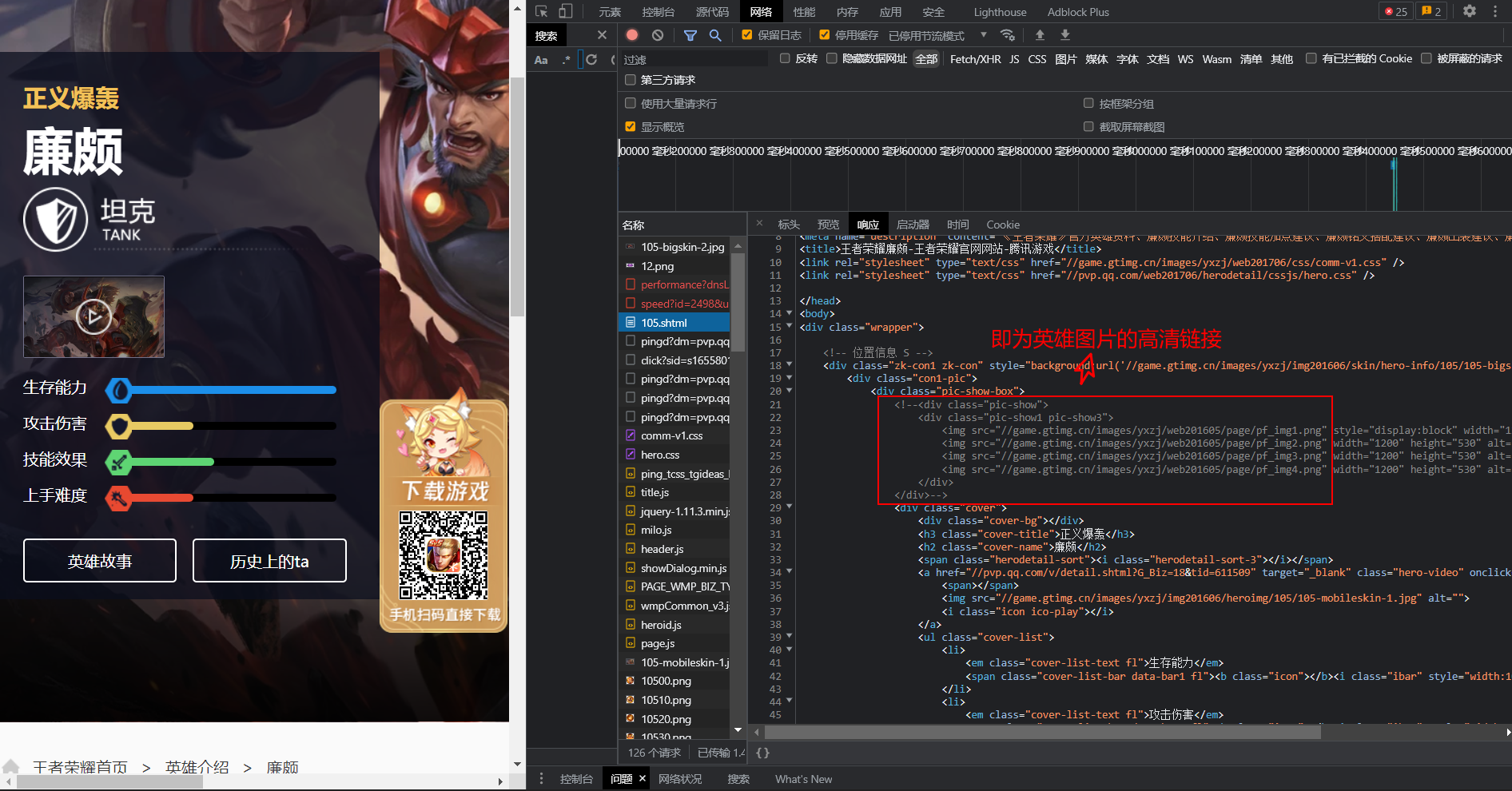
![[开源] .Net ORM 访问 Firebird 数据库](/img/a2/4eff4f0af53bf3b9839a73019a212f.png)

